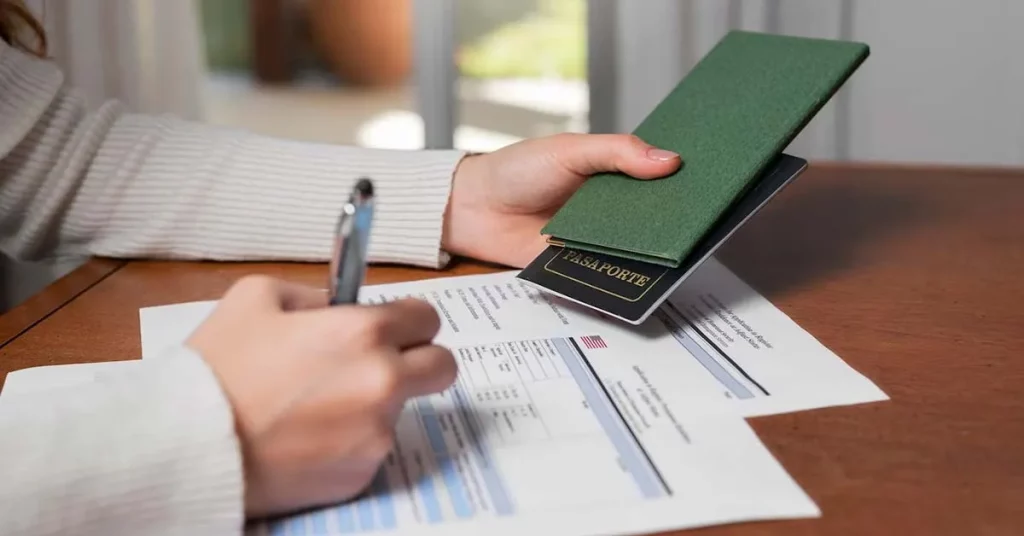
Regarding the immigration , the partner visa application can be the single crucial decision couples who plan to live in another country make. There are Residency visas that allow people to go join their spouses or partners in countries where application immigration legislation may require some permits. In this latest guide, we aim to focus on the key facts about partner visas, what conditions you will have to meet and a few things to know about the application process.
Understanding Partner Visas:
A Partner visa was created for a person who applied intending to reunite with a citizen, permanent resident, or qualified citizen of a particular state in which the applicant wants to live.This, therefore, means that the visa enables the applicant to move, get a job, study in the country of his or her choice, as well as be with a partner.There are two types of partner visa which is the spouse visa depending on the country that the one is coming from they may have a special subclass.
For example, there is subclass 820 and 801 for Partner visas in Australia as well as the same styled scheme in the United Kingdom known as the Spouse Visa. Such visas allow the holder to obtain a permit to exist in the country for some time in which the person can apply for permanent permit.
Partner Visa Requirements:
-
Proof of a genuine relationship: This may include production of items that will prove that both of you had been living together such as; bank statements, photographs, letters or copy of passport showing traveling during the stay.
The Application Process:
Another action which is also time consuming is the process of applying for a partner visa is also one of the most complicated and difficult activities.Here are few suggestions:
Any other evidence which the court may consider circumstantial in the attachment of constituting an issue in the case may include;
Benefits of Partner Visas:
The following benefits concerning the couple that would like to reside in a different country relates to the partner visa. These benefits often include:
-
Employment and study rights in the nation, the liberty of movement.
-
Chance to seek medical assistance and receive other social services.
-
Steps to attain the legal possibility of establishing a permanent place of residence and, consequently, naturalization.
-
Stability in the sense of the ‘transportation or mobility’ factor that exists between the home country and the destination country.
Conclusion
Applying for Partner visas is one of the most important and critical steps a couple would ever take and more so there should be lots of concern towardsThe immigration laws in the country which intended to stay.Besides, understanding all the requirements and gathering the right papers, as well as, the application process will contribute to the goal’s achievement. Just remember that many procedures regarding immigration may be time-consuming; thus, waiting long, getting continuous attempts to meet the partner.
FAQs:
Q1. In normal circumstances it takes 2-3 months to get the partner visa.
A: The time that is taken in processing is also influenced by the country selected. It may be as long as 6 months to 2 years depending on the type of application being processed.
Q2. Can I work on a partner visa?
A: This is true because most of the partner’s visas allow the visa holder, and the partner to work as well as study in the country of destination.
Q3. Is it necessary for me to be married: If yes, may I be able to apply for a partner visa?
A: No, many countries allow the partner visa applicants to be in a de facto relationship or in a common or unmarried fiancé.
Q4. Am I likely to be refused a partner visa due to financial status?
A: Indeed, most of the countries would expect the sponsoring partner to show that he/she has sufficient income to support the applicant during the time of applying for a visa.
Q5. Can I accompany my partner and allow him/her to come over to join me while waiting for the visa to be processed?
A: As a rule, the partner can arrive in the country with the tourist visa, yet it is always better to consult with the local immigration service to avoid troubles with the visa.
 icons at the top right corner of the subsection.
icons at the top right corner of the subsection.